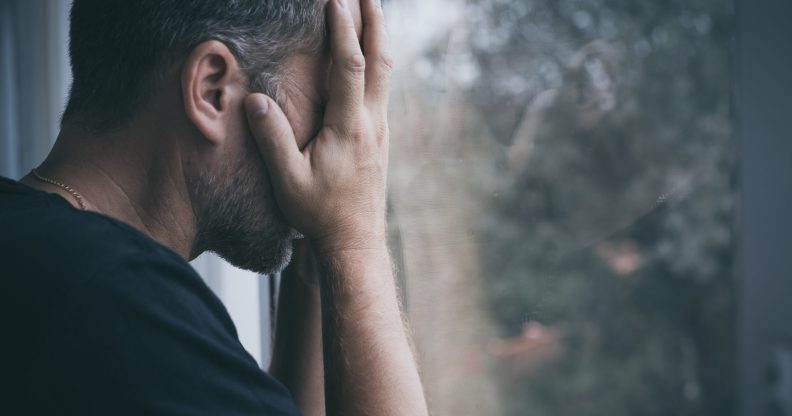Troubling rise in LGBTQ+ domestic violence unearthed in new study

(Stock image: Envato Elements)
(Stock image: Envato Elements)
Domestic violence within LGBTQ+ relationships increased during the COVID-19 pandemic, new research has found.
The study, published in the Journal of Lesbian and Gay Social Services, found that LGBTQ+ people who had experienced domestic violence in their relationship before the pandemic suffered an increase in the frequency of abuse after its onset.
“To date, most programmes on intimate-partner violence focus on opposite sex and heterosexual couples,” said Perry N. Halkitis, one of the study’s authors and the dean of the School of Public Health at Rutgers University.
“However, same-sex couples are different in terms of partner dynamics, and thus interventions need to address these differences.”
The study found that, of those spoken to, almost one in five LGBTQ+ people reported intimate-partner violence in their current relationship, which they said increased after the pandemic began.
The study sampled LGBTQ+ adults from across the United States, and found that those in the south were more likely to report an increase in domestic violence.
The researchers explained that their findings proved the need for resources, such as shelters, aid and advice, tailored to queer victims.
“Intimate-partner violence interventions need to address that LGBTQ+ people are not monolithic in terms of many factors, including environments in which they live,” Halkitis said.
“Now more than ever, given the attacks on LGBTQ+ people by politicians, the work we are doing at the Center for Health, Identity, Behavior and Prevention Studies is as important as ever.”
LGBTQ+ people can also face additional barriers to receiving help from domestic abuse situations.
In the UK, the charity Women’s Aid recently came under fire for supporting the exclusion of trans women from women’s shelters.
Women’s Aid said that while it will “continue to support trans women”, it supports members who “conclude that it is not appropriate to include trans women (including those with a Gender Recognition Certificate) in women-only shared spaces”.
LGBT+ anti-abuse charity Galop said it was concerned by the statement and said, more broadly: “We see trans people having to choose between staying in dangerous and abusive situations or facing dangerous and damaging alternatives, including homelessness.
“There should not be a hierarchy of victimhood, and there should be provision of enough high-quality, survivor-centred, safe and specialist services for all victims and survivors of abuse and violence.”

